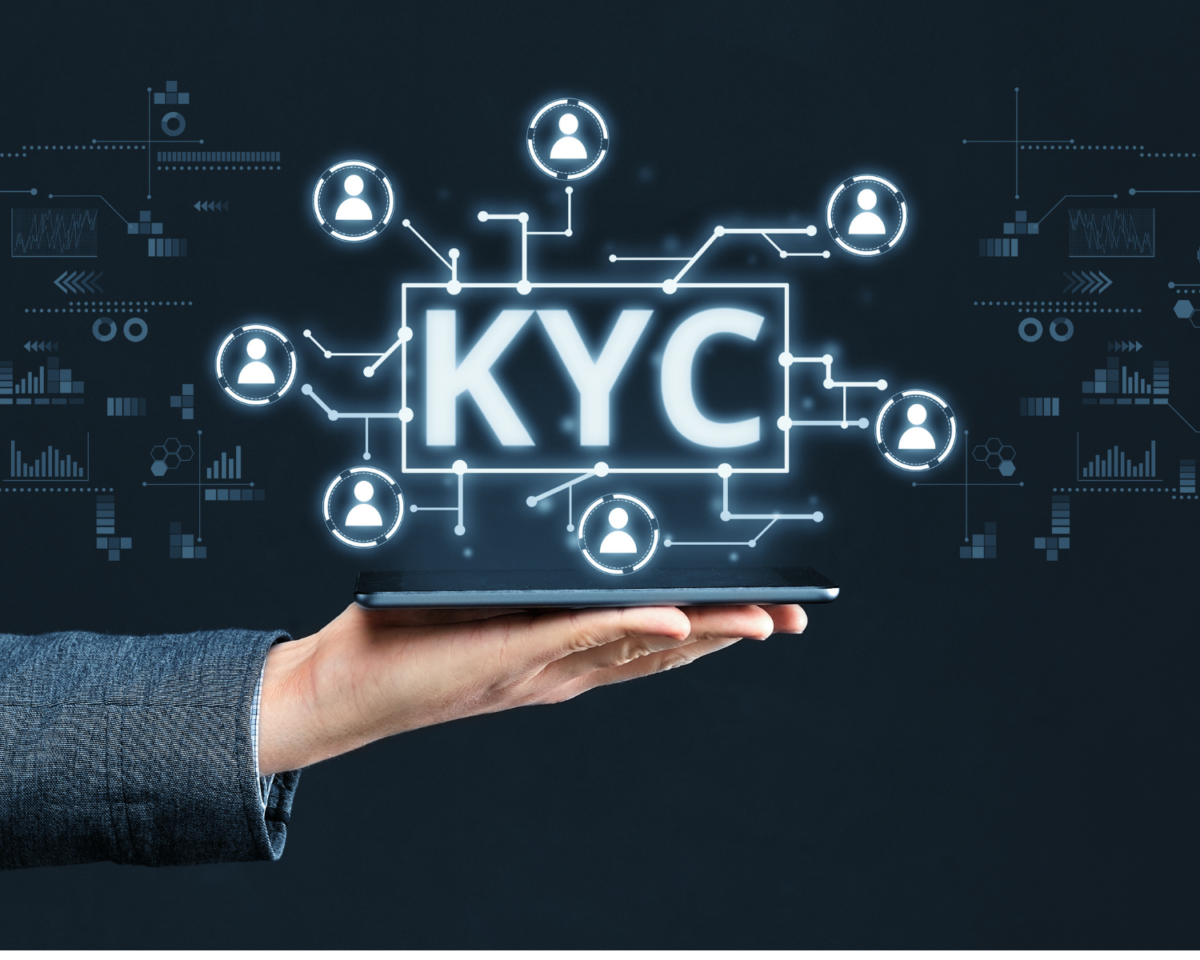
Understanding KYC Checks: How They Work and Why They’re Important
KYC (Know Your Customer) checks have become increasingly important in today’s digital world, especially in the financial industry. With the rise of online banking, cryptocurrencies, and other digital transactions, it’s become more challenging to verify the identity of customers and prevent fraud. That’s where KYC checks come in – they provide an effective way to verify the identity of customers and ensure that financial transactions are legitimate.
In this blog post, we’ll explore what KYC checks are, how they work, and why they’re important. We’ll also look at some of the challenges that businesses face when implementing KYC checks and how to overcome them.
What are KYC checks?
KYC checks are a process that businesses use to verify the identity of their customers. The goal is to ensure that customers are who they claim to be and to prevent money laundering, terrorism financing, and other fraudulent activities. KYC checks typically involve collecting and verifying personal information such as name, address, date of birth, and government-issued ID.
How do KYC checks work?
The KYC process can vary depending on the business and the industry. However, there are some common steps that most businesses follow:
Customer identification: The first step is to identify the customer and collect their personal information. This can include name, address, date of birth, and government-issued ID.
Customer verification: Once the customer’s information has been collected, it needs to be verified. This can involve comparing the customer’s ID against a database of known identities, conducting background checks, or contacting the customer’s bank or other financial institution to verify their identity.
Risk assessment: After the customer has been identified and verified, the business needs to assess the risk associated with the customer. This can involve looking at the customer’s transaction history, credit score, and other factors that may indicate whether the customer is high risk or low risk.
Ongoing monitoring: KYC checks are not a one-time event. Businesses need to continually monitor their customers to ensure that their identities remain valid and to detect any suspicious activity.
Why are KYC checks important?
KYC checks are important for several reasons. Firstly, they help to prevent fraud and financial crimes such as money laundering and terrorism financing. By verifying the identity of customers, businesses can ensure that their transactions are legitimate and comply with regulations.
Secondly, KYC checks help to protect the reputation of businesses. If a business is found to be involved in fraudulent activities, it can damage its reputation and lose the trust of its customers. KYC checks can help to prevent this from happening by ensuring that only legitimate transactions are processed.
Thirdly, KYC checks are required by law in many countries. For example, in the United States, the Bank Secrecy Act (BSA) requires financial institutions to implement a KYC program as part of their anti-money laundering (AML) compliance.
Challenges of implementing KYC checks
While KYC checks are essential for preventing fraud and complying with regulations, there are several challenges that businesses may face when implementing them:
Cost: KYC checks can be expensive, especially for small businesses that may not have the resources to implement a comprehensive program.
Complexity: The KYC process can be complex and time-consuming, requiring businesses to collect and verify a lot of personal information.
Customer experience: Customers may find the KYC process intrusive and time-consuming, which can impact their experience with the business.
False positives: KYC checks can generate false positives, which can result in legitimate transactions being declined.
